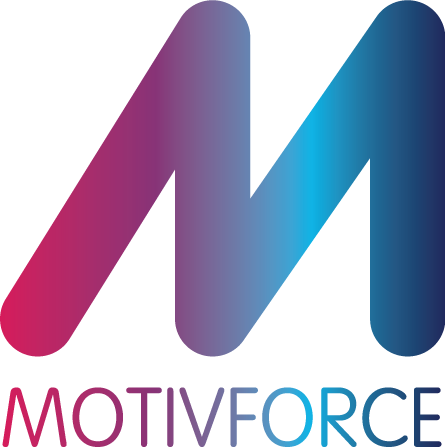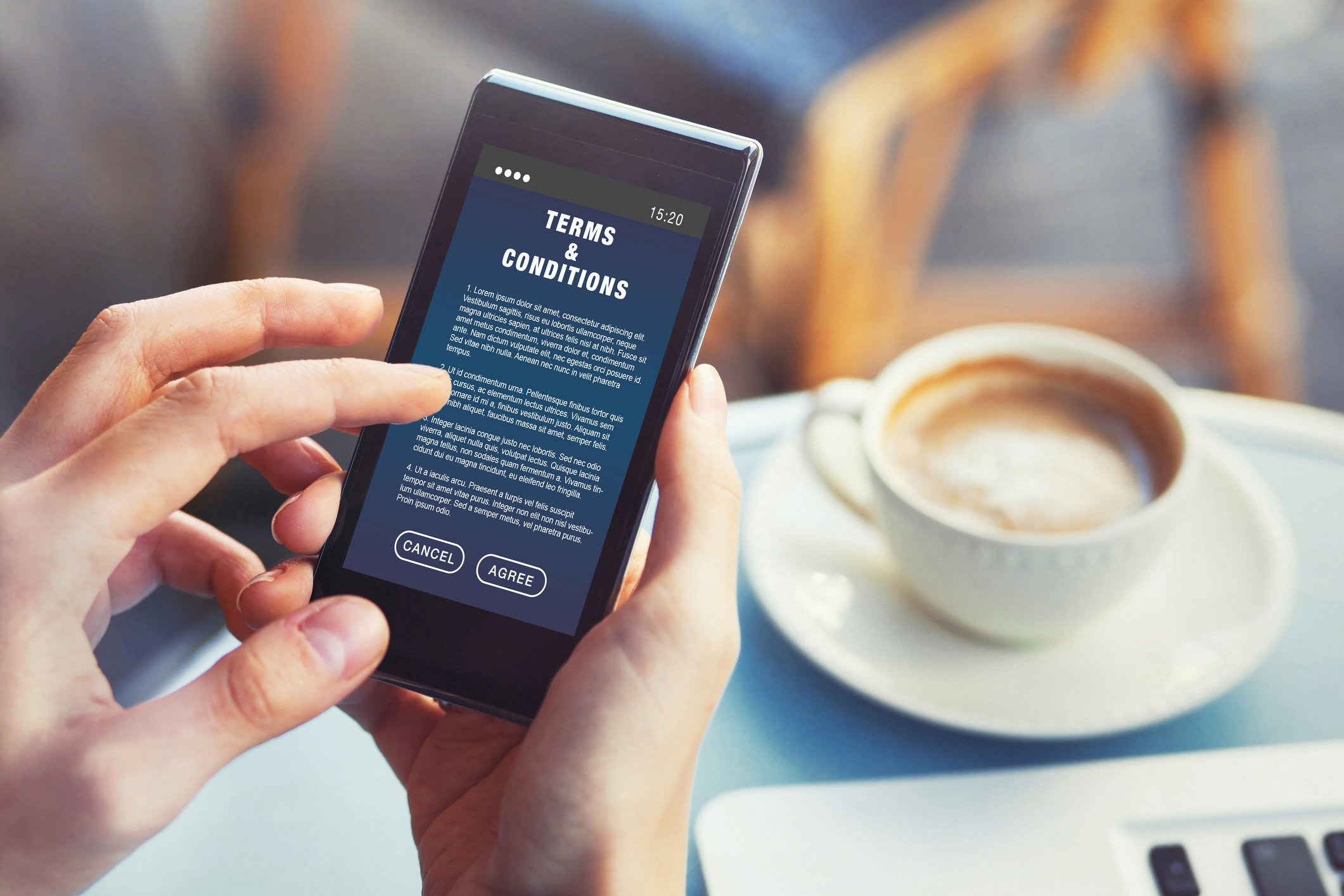10 Benefits of B2B Coalition Loyalty Programs
The 10 key benefits of B2B Coalition Loyalty Programs
The B2B Coalition Program - the gathering of similar minds…
by Dr. David Cox
‘Double dipping’ coalition programs have been popular in B2C loyalty programs for some time – how many of us have paid for a flight on a credit card and earned air miles for both transactions?
As we predicted back in 2017, this trend is now extending to the B2B loyalty sector and more companies are expanding their earn and redemption offerings outside of their own loyalty programs.
Coalition programs offer many organizations the opportunity to heighten value and drive loyalty behaviours especially if the purchase process is lengthy – bundling products together, so that loyalty program participants can earn extra points, drives higher levels of engagement. From a business perspective, coalition programs offer key benefits:
The 10 key benefits of B2B Coalition Loyalty Programs
Funding requirements (and risks) are split between multiple companies and don’t all fall on one organization.
They are attractive to smaller niche organizations who may not have the funds or established ecosystem to invest in a channel loyalty program on their own
Are very effective in motivating participants to sell bundled and solution products and services from alliance partners
Offer the ability to include quick learn education assets that feature multiple companies providing a bundle or solution
Are an ideal platform to supplement companies with a longer purchasing cycle with complimentary partners who have a short purchase cycle thus maintaining engagement and loyalty activity
Companies can share customer data about preferences and purchase behaviours
The increased value of multiple incentives may attract new customers to businesses they wouldn't ordinarily patronize.
Partners can benefit from cross-promotion and combined deals.
Communications can be synthesized to maximise cut through and reduce noise
The inclusion of coalition partners reduces variety seeking behaviour as participant tend to go to the program that is offering the one-stop destination for point earning activities.
Whilst B2C coalition programs tend to have a diverse range of participating company sponsors, the trend in B2B coalition programs is to involve companies that offer ancillary or complimentary products and services.
An example is the IT sector where IT hardware vendors are increasingly seeking coalition partners who provide software, financing, cyber security and networking switches. We have seen success with clients like Lenovo joining forces with their vendor partners to reward participants in Lenovo’s LEAP channel loyalty program for completing education modules and sales of end to end server and storage solutions.
Feedback from companies operating B2B coalition programs reveal that the benefits outweigh the risks. However, these companies do stress that issues over reporting, channel conflict, equitable funding and who owns the customer, need to be clearly agreed prior to embarking upon this strategy.











